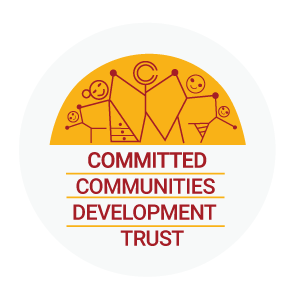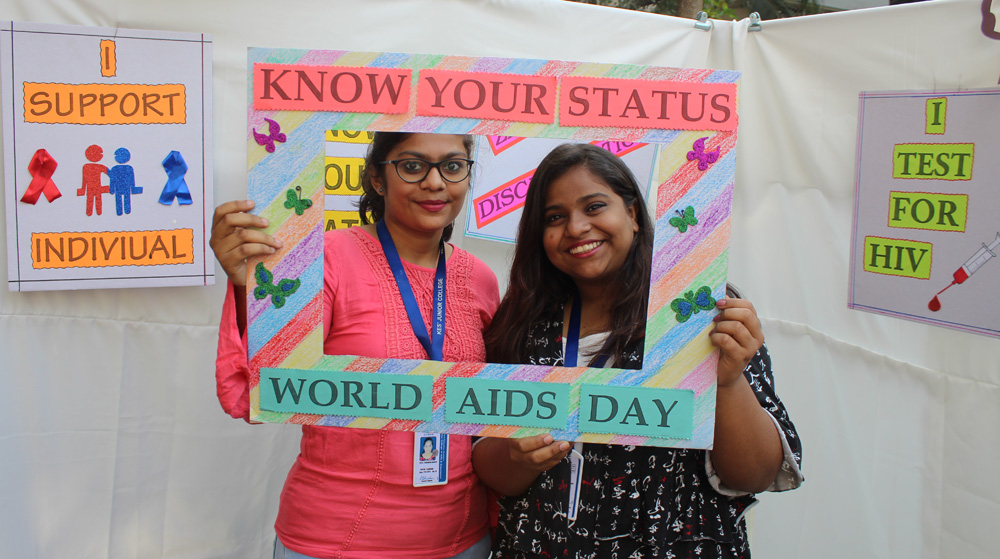In 2017, an estimated 36.9 million people were living with HIV (including 1.8 million children)- with a global HIV prevalence of 0.8% among adults. Around 25% of these same people do not know that they have the virus, as per UNAIDS data 2018.
World AIDS Day is held on December 1st each year and is an opportunity for people worldwide to unite in the fight against HIV, show their support for people living with HIV, and to commemorate the people who have died. The theme of World AIDS Day 2018 was “Know Your Status”, which emphasizes the importance of knowing one’s HIV status. The theme stresses on the importance of HIV testing for early detection and early initiation of treatment, if the test result is reactive, to suppress the HIV virus.
World AIDS Day is important because it reminds the public and Government that HIV has not gone away – there is still a need to raise resources, increase awareness and fight prejudice. On December 1, 2018, CCDT’s Home Based Care Program spread awareness by setting up stalls, selfie-points at colleges across the city. CCDT brought to light prevalent social perceptions that fuel stigma and discrimination against people living with HIV.
Young people are vulnerable to HIV at two stages of their lives; early in the first decade of life when HIV can be transmitted from mother-to-child, and the second decade of life when adolescence brings new vulnerability to HIV. The transition from childhood to adulthood is also a time for exploring and navigating peer relationships, gender norms and sexuality (UNAIDS 2017).

So this year HBC Program aimed to target the age group of 15-24 years to stress the importance of HIV testing. The team visited 3 colleges in Mumbai to interact with youths and around 1156 individuals were reached through this awareness campaign.


The Home-Based Care program Team interacted with people at various kiosks and selfie-points to alter social perceptions of HIV to reduce stigma and encourage early detection.

Apart from outdoor activities, CCDT along with Prerana and Snehalaya entered into an interactive twitter chat on care and support for children infected or affected with HIV/AIDS. The discussion brought up various challenges faced while working with children including the issues around access and adequacy of facilities especially for the children infected with HIV, despite the medical breakthrough. Furthermore, things that should and should not be told to the children regarding their health status and that of their mothers, and the prognosis was highlighted, including the things a counselor should keep in mind while dealing with HIV+ children. Besides medical treatment, the critical role of society in extending support and care to the children infected or affected with HIV/AIDS was elaborated upon.


Recent Comments